For the best songs, the magic never ends.
Such magic can often be found among the rich songbook of Walt Disney Animation Studios. For decades, the studio’s films have been immortalized by the evocative storytelling and eternal hooks of the songs. In celebration of Disneyland’s 70th anniversary – being celebrated at the Anaheim park through summer 2026 – it is time to revisit a handful of those enduring tunes.
Keep reading for Daily Bruin Arts’ takes on which Disney songs continue to reign supreme.
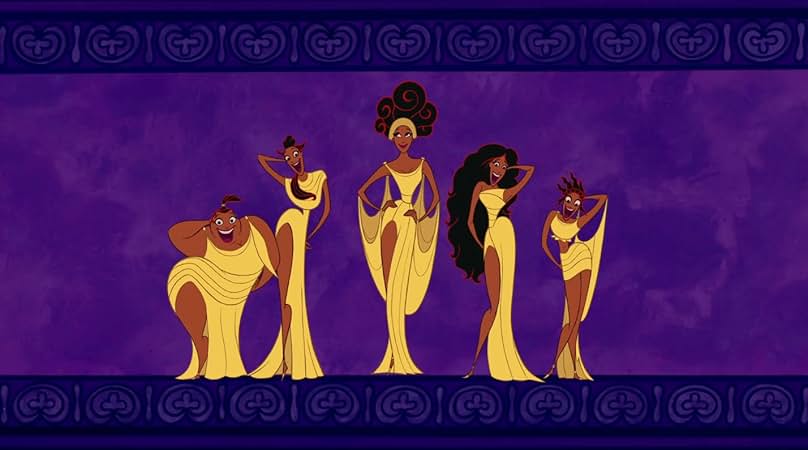
“Zero to Hero” from “Hercules” (1997)
In competition against Disney’s best songs, “Zero to Hero” has the most godlike strength.
Despite being one of the less popular tracks in this lineup, the celebratory number from 1997’s “Hercules” can still confidently boast its superiority when it comes to witty lyricism and imaginative sound. Composed by Disney legend Alan Menken – the man responsible for many of the studio’s biggest hits – and written by Academy Award nominee David Zippel, “Zero to Hero” propels the film’s Grecian myth to modern heights by creatively connecting the gods to soul and gospel influences.
“Zero to Hero” is sung by the story’s narrators, the Muses, who not only contribute to the song’s musical magnificence, but also solidify its significance in cultural history. The five-woman chorus (Cheryl Freeman, LaChanze, Roz Ryan, Vanéese Y. Thomas, Lillias White) consists of Broadway legends and R&B hitmakers who bring life to the song with commanding vocals, impressive harmonies and sharp joke delivery. With the Muses being some of Disney’s earliest positive depictions of Black women, the piece also excels in its embrace of Black music, creating an undeniably catchy sound that was missing from most of the studio’s prior work.
With this much power, it’s clear that “Zero to Hero” is “sweet and undefeated.”
– Victoria Munck
[Related: Winner Takes All: Fall in love with the decade’s best deep-cut love songs this Valentine’s Day]
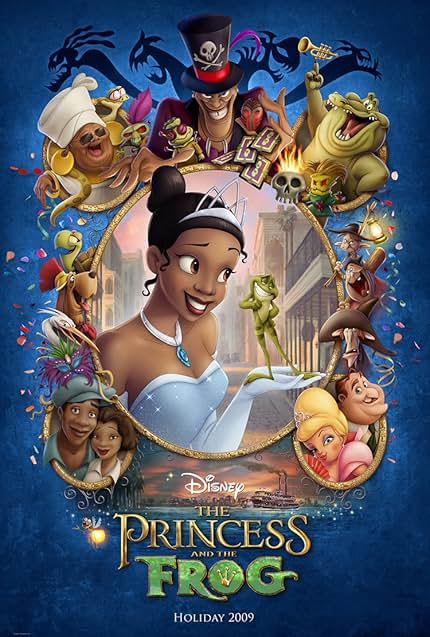
“Almost There” from “The Princess and the Frog” (2009)
Tiana may be “Almost There,” but her introductory song has always soared.
Disney’s chronically underrated spin on “The Princess and the Frog” features one of the strongest soundtracks in the studio’s canon, but this Oscar-nominated jazz tune is easily the film’s crown jewel. Expanding upon the story’s exploration of the soundscapes of its New Orleans setting – and bolstered by a flawless vocal performance from Anika Noni Rose – “Almost There” expertly establishes the details of Tiana’s predicament. When Rose sings the line, “Fairy tales can’t come true,” the waitress’s dream of owning her own restaurant becomes a relatable aspiration for any viewer while illustrating Tiana’s determination and resilience of spirit.
What truly sets “Almost There” apart from other Disney songs is how seamlessly the track conveys Tiana’s personal agency, as she is perhaps the most driven and motivated protagonist the studio has created. Rose proudly sings “So I work real hard each and every day / Now things for sure are going my way,” demonstrating to audiences that Tiana will not wait for a prince for her life to change. Instead, the track’s feminist message is underscored by Tiana’s feistiness and assertiveness in playful lyrics such as “Look out boys, I’m comin’ through.”
Even if its lyrics might seem singular to Tiana’s tale, “Almost There” affirms the universal value of relentlessly chasing one’s dreams.
– Reid Sperisen
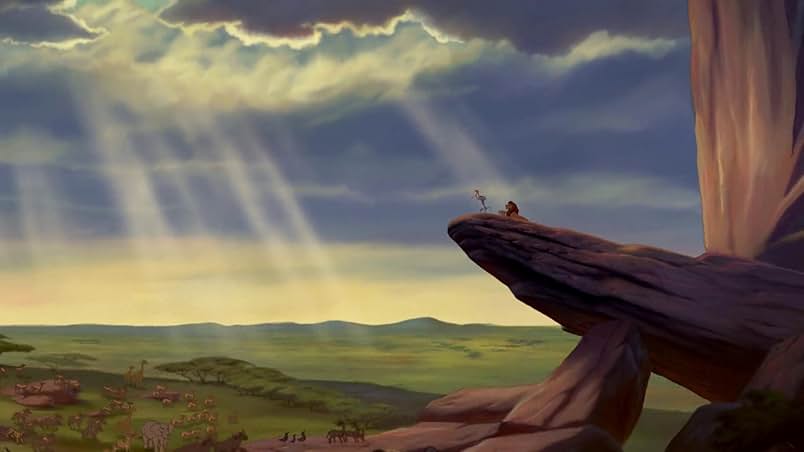
“Circle of Life” from “The Lion King” (1994)
In a circle of Disney’s most beloved hits, “Circle of Life” proudly sits at its center.
Boasting both Grammy and Academy Award nominations, “Circle of Life” solidifies its position as a centerpiece of Disney’s highly acclaimed musical canon. Composed by musical legends Elton John and Hans Zimmer alongside Lebohang Morake and Tim Rice, the track opens with a Zulu chant, immediately transporting listeners to the sweeping grasses of the Tanzanian savannah. Its evocative lyricism and steadily building instrumentals contribute to its grandeur and emotional resonance, emphasizing the themes of balance and interconnectedness woven throughout “The Lion King.” Demonstrating its impact on the narrative, the track is featured in two iconic scenes of the film, bookending the story and reinforcing its cyclical message.
Elton John’s Grammy win for “Can You Feel the Love Tonight” – one of six nominations for “The Lion King” – reflects the soundtrack’s cultural impact and widespread acclaim. Likewise, John’s rendition of “Circle of Life” featured in the film’s closing scene helped propel the track beyond an exclusively Disney audience, gaining mainstream attention through his personal live performances. The celebrated hitmaker’s powerful vocals lend themselves to the song’s timeless message, delivering on its original sentiment of the unpredictable nature of life’s continuous cycle.
Even decades after its release, “Circle of Life” proves that it will always be Disney music royalty.
– Ruwani Jayasekara
[Related: Winner Takes All: Tailored to theme, 2025 Met Gala attendees embrace Black dandyism]
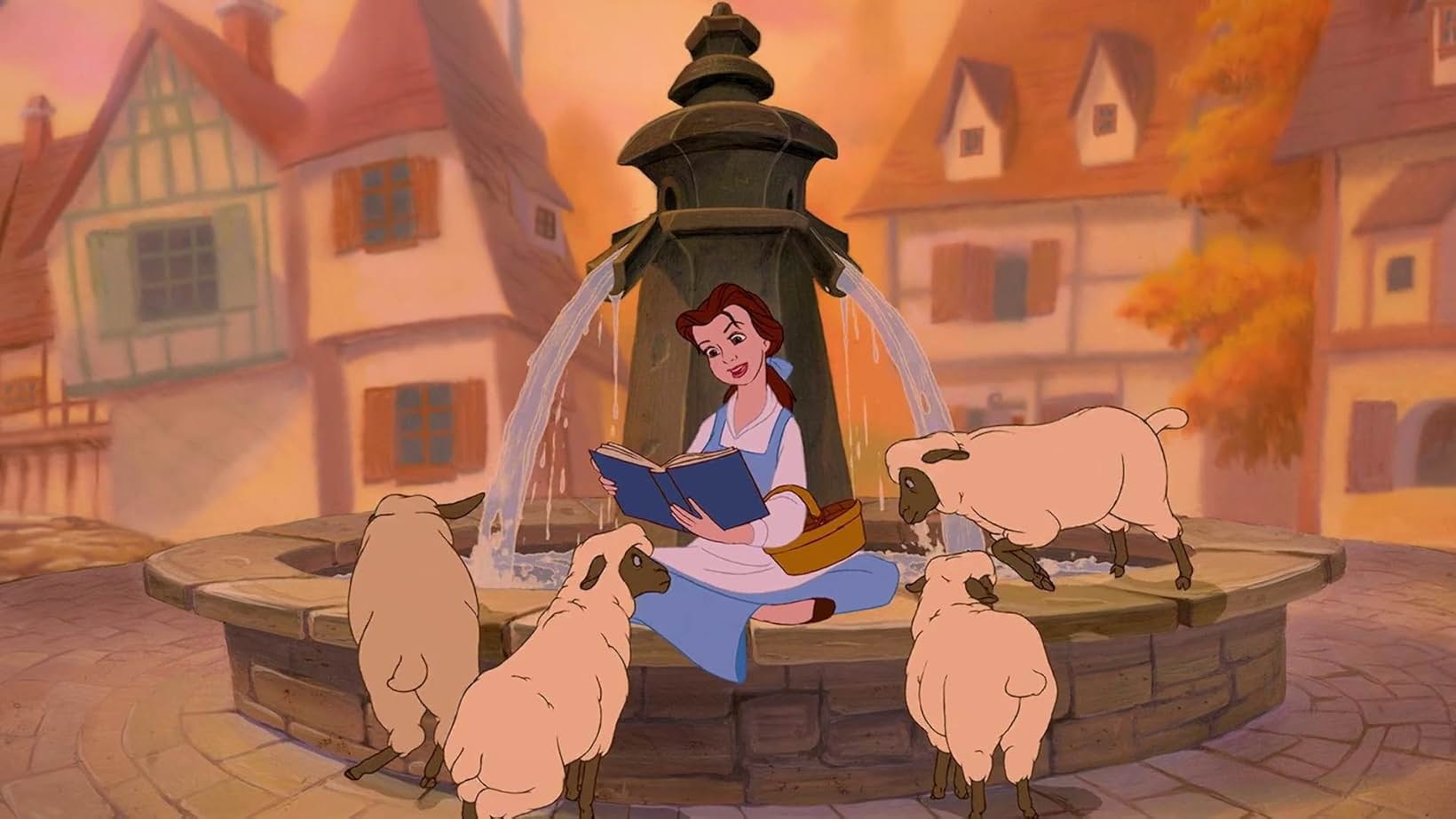
“Belle” from “Beauty and the Beast” (1991)
“Belle” is the perfect introduction to a Disney princess with beauty and brilliance.
As one of the first songs in “Beauty and the Beast,” the track serves as an engaging exposition to introduce the kind book lover Belle, the arrogant antagonist Gaston and the quiet town Belle lives in. The song expertly includes casual conversations, with Belle passionately commenting on the books she is reading. One conversation deepens the portrayal of Belle’s reading enthusiasm with her gratitude toward a man who gifts her a book she read twice.
Yet the song is more than just a happy scene with Belle and her books, as underlying tensions are excellently explored in the lyrics. For instance, the rest of the town criticizes Belle with stinging lines such as “It’s a pity and a sin / She doesn’t quite fit in.” The difference in priorities between Belle and Gaston are explicitly clear when she sings, “There must be more than this provincial life,” with Gaston following up with, “Just watch, I’m going to make Belle my wife!” With building conflict and an intelligent protagonist, the track leaves the viewer in anticipation regarding how Belle will handle being isolated from the village and aggressively pursued by Gaston.
With mature themes, “Belle” proves that Disney songs can be enjoyable for children without sacrificing substance.
– Amy Wong
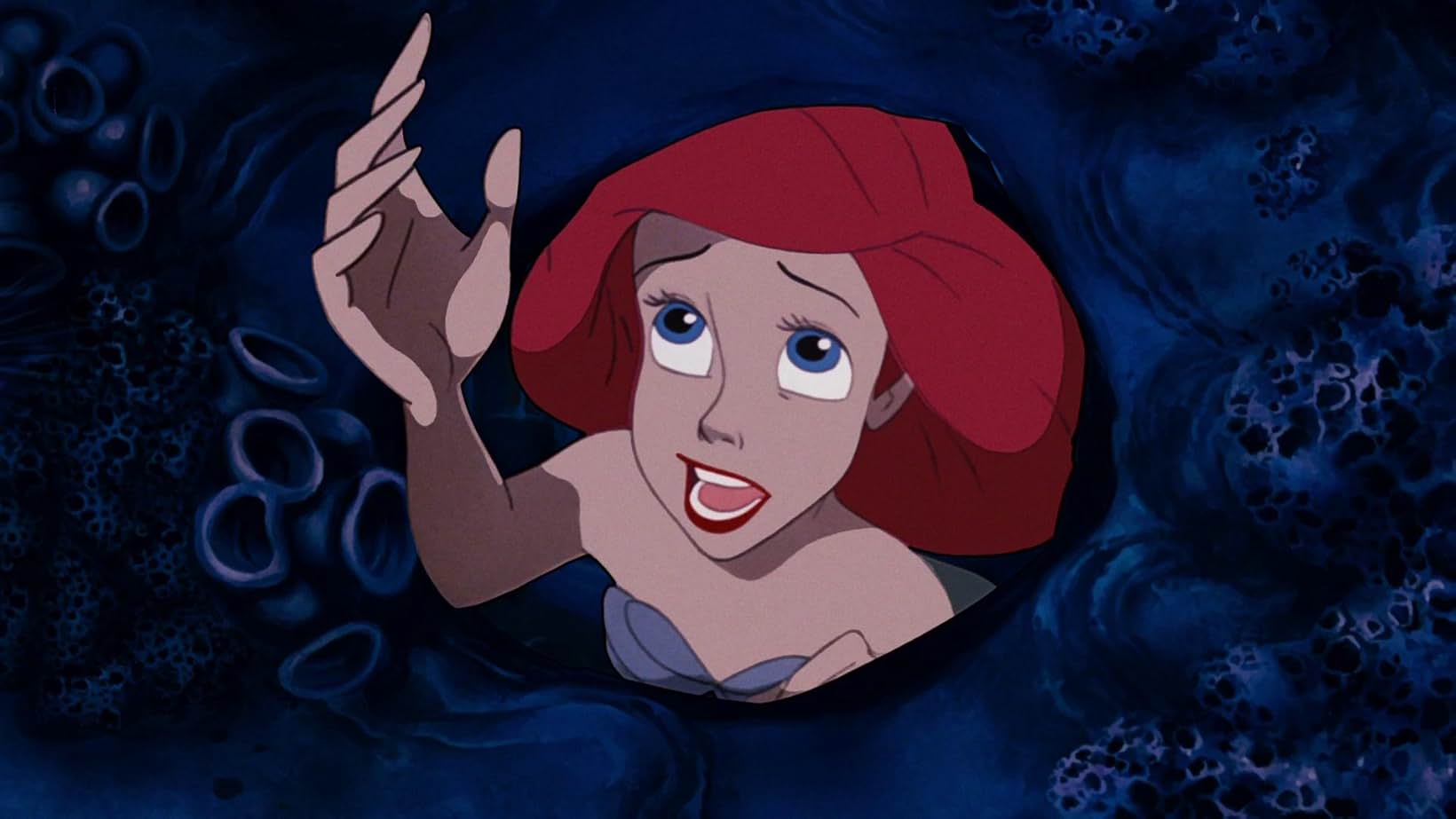
“Part of Your World” from “The Little Mermaid” (1989)
Writers’ consensus
It may seem corny to have a bombastic ballad emerge victorious on this list, but not every ballad can be “Part of Your World.”
As the film that kicked off the Disney Renaissance that carried into the 1990s, it seems only right that some of the best music in animated film history comes from 1989’s “The Little Mermaid.” Even in the company of the phenomenal villain number “Poor Unfortunate Souls” and the Oscar-winning ditty “Under the Sea,” “Part of Your World” stands out on the soundtrack and in the film as a superior piece of cinematic and sonic magic. Never before or since has the simple proclamation “I want more” been so spellbinding.
The secret weapon that allows “Part of Your World” to shine is the wistful longing and aching curiosity captured in Jodi Benson’s stirring vocal performance. To be sure, there are dozens of compelling Disney tear-jerker tunes, but nowhere else in the catalog of Disney songs is there a rendition of a track that juxtaposes such optimism and hope with such despair and isolation. By giving Ariel a voice – at least before Ursula takes it away – Benson imbues the character with a naivete and innocence that is all too relatable. Even if one has not lived in an aquatic palace for 16 years, it is impossible not to feel Ariel’s visceral anguish and connect with her human desire to possess greater liberty.
Even though Ariel got to be part of Eric’s world in the end, her defining song will remain part of audiences’ consciousness for decades to come thanks to its swell of fervent emotions.


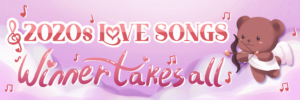
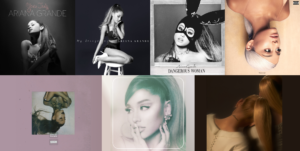
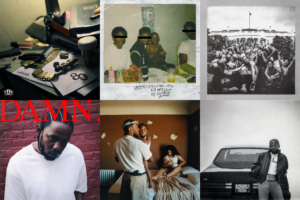
Comments are closed.